Bryson Anderson murder: Cop killer Mitchell Barbieri didn’t have mental illness or remorse considered in sentence, appeals court told
THE KILLER serving a minimum 26-year jail term for the murder of police inspector Bryson Anderson did not have his remorse or mental illness taken into account in sentencing, an appeal court has been told.
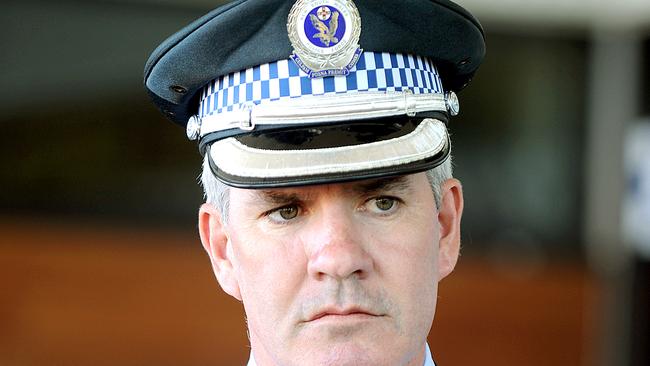
News
Don't miss out on the headlines from News. Followed categories will be added to My News.
THE KILLER serving a minimum 26-year jail term for the murder of police inspector Bryson Anderson did not have his remorse or mental illness taken into account in sentencing, an appeal court has been told.
Mitchell Barbieri, 23, was spared the mandatory life jail sentence for the murder of an on-duty police officer but was ordered to a total term of 35 years for the stabbing killing of Insp Anderson, who was called to the home of Barbieri and his mother Fiona in December 2012 following reports of a neighbour dispute.

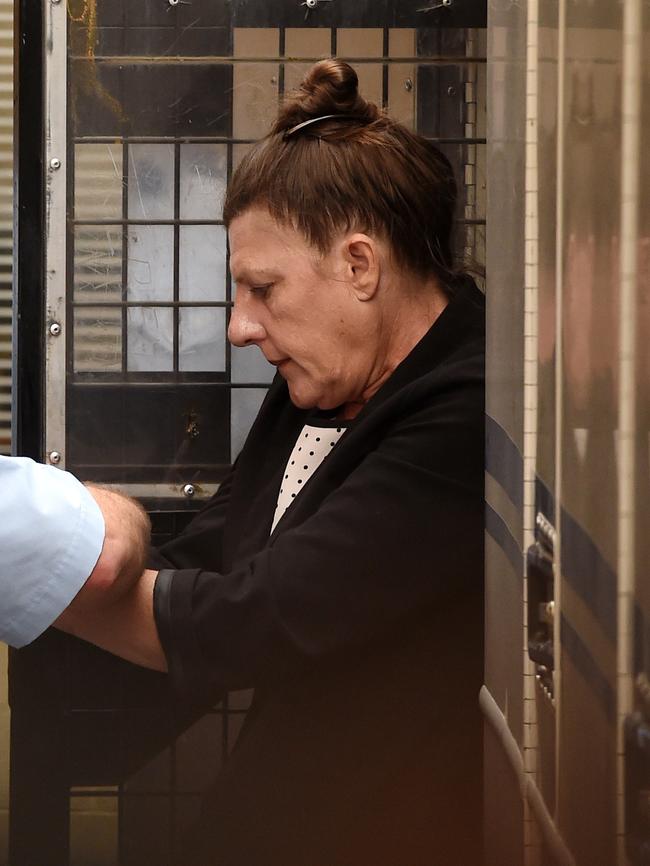
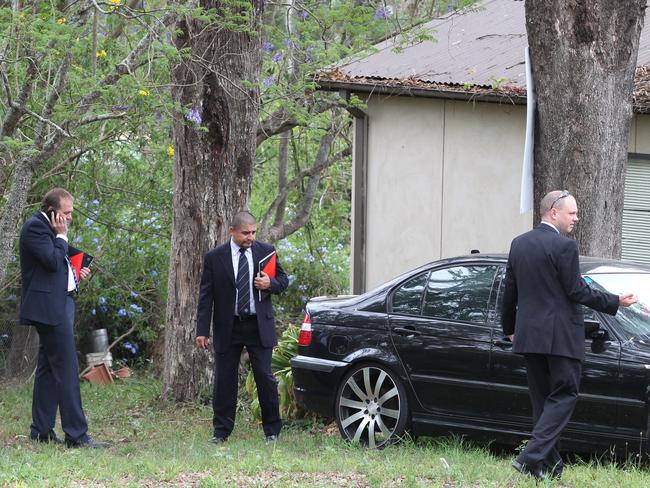
The court heard during the sentencing process for Barbieri that he had taken on the schizophrenic delusions of his mother. Fiona Barbieri pleaded guilty to manslaughter and was sentenced to 10 years in jail with a non-parole period of seven-and-a-half years.
One of the younger Barbieri’s seven grounds of appeal is that he “has a justifiable sense of grievance at the marked disparity between the sentence imposed on him and the sentence imposed on his mother”.
His counsel Janet Manuell SC told the NSW Court of Criminal Appeal that by the time of Insp Anderson’s murder, Barbieri was “isolated from his peer group and absorbed in the disorder suffered by his mother,” who was “very seriously ill”.
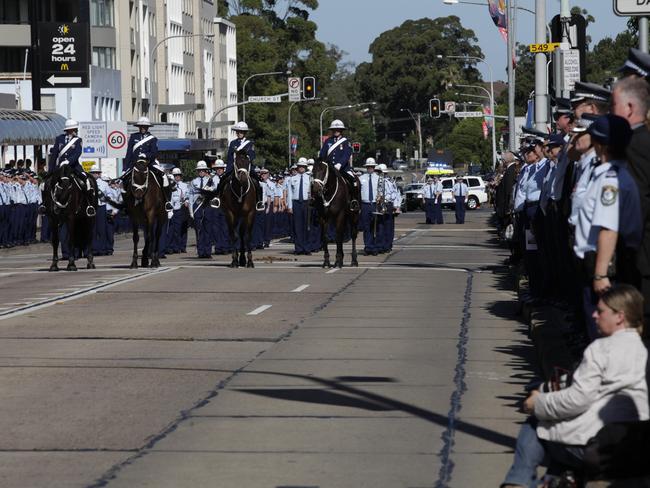
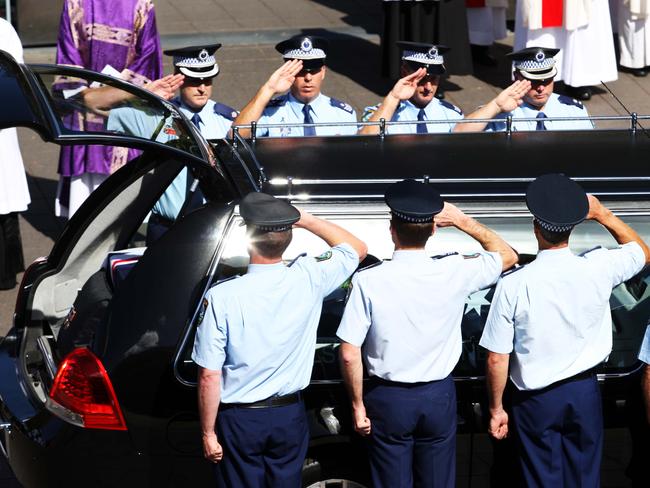
Ms Manuell said by the time Insp Anderson and other officers arrived at the Barbieris’ rural Oakville property in Sydney’s northwest — after reports Mitchell had been firing arrows at his neighbour — the then teenager was “as sick as his mother ... delusional, aggressive and suspicious”.
After a protracted siege, Barbieri plunged a hunting knife deep into Insp Anderson’s chest which resulted in his almost immediate death.
Sentencing judge Justice Robert Hulme described the slaying of the decorated officer and devoted husband and father in his December 2014 sentencing remarks as a tragic death which left the community “poorer”.
“He was loyal, caring, humble, ethical, honest, a devoted and supportive father and generally a good man,” Justice Hulme said.
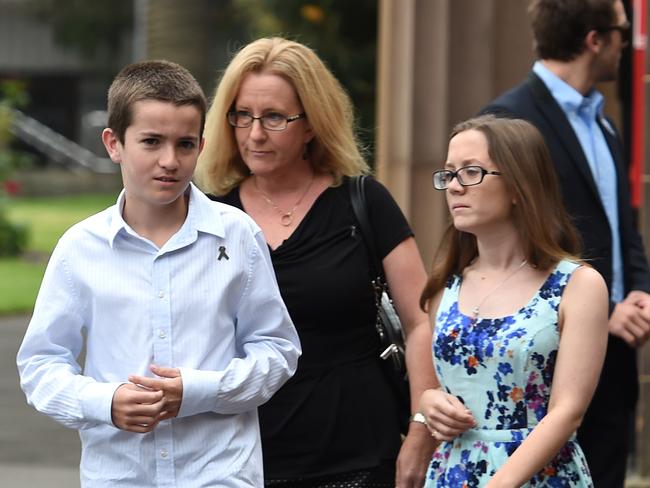
His death not only was a loss to his family and friends but has caused great harm to the whole community, Justice Hulme said.
The judge noted that Barbieri was 19 at the time of the crime and “it calls for some measure of understanding in his favour”. But one of the grounds of the appeal is that the sentence was “manifestly excessive” and the fact Insp Anderson was killed in the line of duty was “double counted”, taken into account both as an aggravating factor in assessing the seriousness of the crime and in the increased standard non-parole period.
In its reply, the Crown pointed to varying “inconsistent” accounts given by Barbieri after the killing to psychiatrists, which they submit show he was “able to reason and exercise judgment and restraint”.
The panel of three Supreme Court justices reserved its decision.


